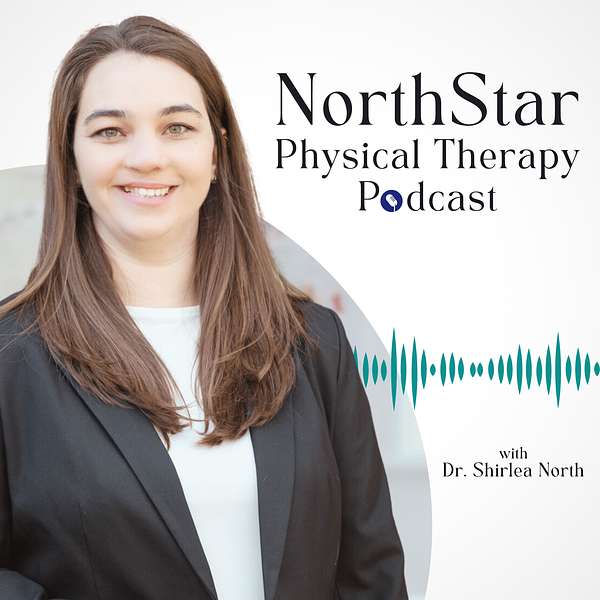
NorthStar Physical Therapy
Physical therapy is more than just 3 sets of 10 reps! This podcast provides you with collaborative information and interviews from experts in the field within physical therapy and other allied health professionals in order for you to achieve and champion your optimal health and self-management. Particular conditions like lymphedema, lipedema and various pelvic health dysfunctions for all pelvises that are not easily understood in the medical community and require an inter-disciplinary team approach to achieve your goals. Let NorthStar Physical Therapy guide and navigate you on your journey to optimal pelvic and lymphatic health!
NorthStar Physical Therapy
#57: To Kegel or Not to Kegel: The Debate Continues
Welcome to the NorthStar Physical Therapy Podcast — your go-to resource for understanding lymphedema, lipedema, pelvic health dysfunctions, and empowering you to take control of your health and advocate for yourself.
In this episode, Dr. Shirlea North, PT, DPT, revisits the debate surrounding Kegels — a common but often misunderstood recommendation for pelvic floor health. Are Kegels really the answer for everyone? Dr. North explores when Kegels are beneficial, when they may cause harm, and alternative approaches to strengthen or relax the pelvic floor.
If you’ve been told to do Kegels or you’re struggling with issues like urinary leakage, pelvic pain, or core instability, this episode will guide you through a more personalized approach to pelvic health.
In this episode, you’ll also learn:
- What Kegels are and how they became a go-to solution
- The difference between a tight (hypertonic) and weak (hypotonic) pelvic floor
- Who should benefit from Kegels, and who should avoid them
- Alternatives to Kegels for pelvic health and functional strength
- The role of Kegels in postpartum recovery and prostatectomy rehabilitation
- The truth about machines that promise Kegel exercises without effort
- When to seek professional help from a pelvic floor therapist
Tune in to understand when Kegels are helpful and when they’re not, and learn the best strategies for your unique pelvic health needs.